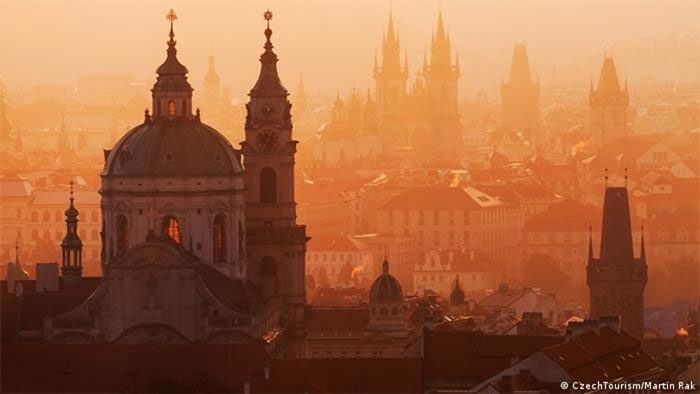Before Turkey, several countries have also changed their names. The reasons may vary from politics, history, and sometimes to promote the country’s image.
Top 7 Countries That Have Changed Their Names
Turkey
On June 2, the United Nations announced that the name “Türkiye” would replace “Turkey” when referring to the country.
“Türkiye is the best representation of the culture, civilization, and values of the Turkish people,” President Recep Tayyip Erdogan stated in December 2021 when the government announced the memorandum for the name change.
Türkiye is the Turkish spelling of the country’s name, in use since 1923, when Turkey emerged as a new nation following the dissolution of the Ottoman Empire. However, Turkey had been using the name Turkey internationally.
While Turkey and Türkiye are pronounced similarly, Türkiye has an additional syllable “yay” at the end. President Erdogan has been advocating for the name change for years, believing that Türkiye better reflects the culture and values compared to Turkey, which also means ‘turkey’ (the bird).
Netherlands
The Dutch government has sought to change the country’s image by dropping the name Holland. By 2020, business leaders, tourism committees, and the central government all adopted the name Netherlands.
Currently, North Holland and South Holland are just two of the twelve provinces in this European nation.
The name change is seen as part of an effort to distance the country from associations with recreational drug use and legal prostitution, which are strong draws for foreigners to the capital Amsterdam, located in North Holland.
North Macedonia
In 2019, the Republic of Macedonia officially changed its name to North Macedonia for political reasons.
North Macedonia sought to improve relations with Greece and aimed to join NATO and the EU. Greece opposed its neighbor using the name Macedonia, as it is also the name of a geographical region in Greece. Macedonia was also an ancient Greek kingdom. The naming dispute has contributed to regional instability.
Greece wanted the Balkan nation to abandon the name Macedonia and proposed alternatives such as “Republic of Vardar” or “Republic of Skopje” as replacements. However, after lengthy negotiations, the Balkan nation officially changed its name to North Macedonia. The name for the official language and its citizens remains Macedonia.
Eswatini
In April 2018, King Mswati III changed the name of Swaziland to Eswatini, an effort to break away from the country’s colonial past.
The king was also dissatisfied that the name Swaziland sometimes confused people with Switzerland. Announced during the 50th anniversary of the formation of the African nation, Eswatini—its pre-colonial name—means “land of the Swazis.”
Czech Republic
The reason for the name change of the Czech Republic, a Central European country, is to enhance its image. In 2016, the Czech government officially adopted the name Czechia. Similar to France’s official name being the French Republic, the Czech Republic can also be referred to as Czechia. This name is easier to attach to products.

Czech Republic. (Photo: Czech Tourism)
Although the European Union, the United Nations, and some large companies use the name Czechia, it has not yet become widely recognized internationally. One reason may be that the name Czechia is easily confused with Chechnya, a republic in Russia located in the Caucasus.
In 2020, Czech Prime Minister Andrej Babis told the Wall Street Journal that he did not like the name Czechia.
Cabo Verde
The island nation located in the Atlantic Ocean, about 700 km off the coast of Senegal, officially submitted a request to change its name in 2013.
Previously known as Cape Verde, the English name derived from the Portuguese term “cabo verde,” meaning “Green Cape.” Although it is not a cape, these islands lie just off the westernmost point of the African continent.
The Minister of Culture at the time stated that the country was seeking a standardized name that did not require translation. He hoped Cabo Verde would evoke positive associations with sunshine, the sea, and happy people.
Sri Lanka
Similar to Eswatini, Sri Lanka changed its name to distance itself from its colonial past. Although the official name change occurred in 1972 after independence from Britain, it wasn’t until 2011 that Sri Lanka officially removed the old colonial name Ceylon from the government.
However, the famous Ceylon Tea brand continues to be used.





















































